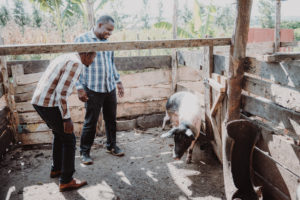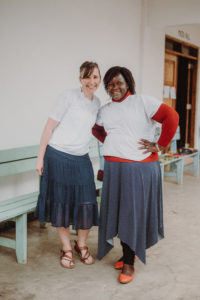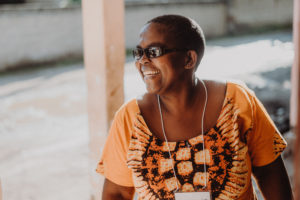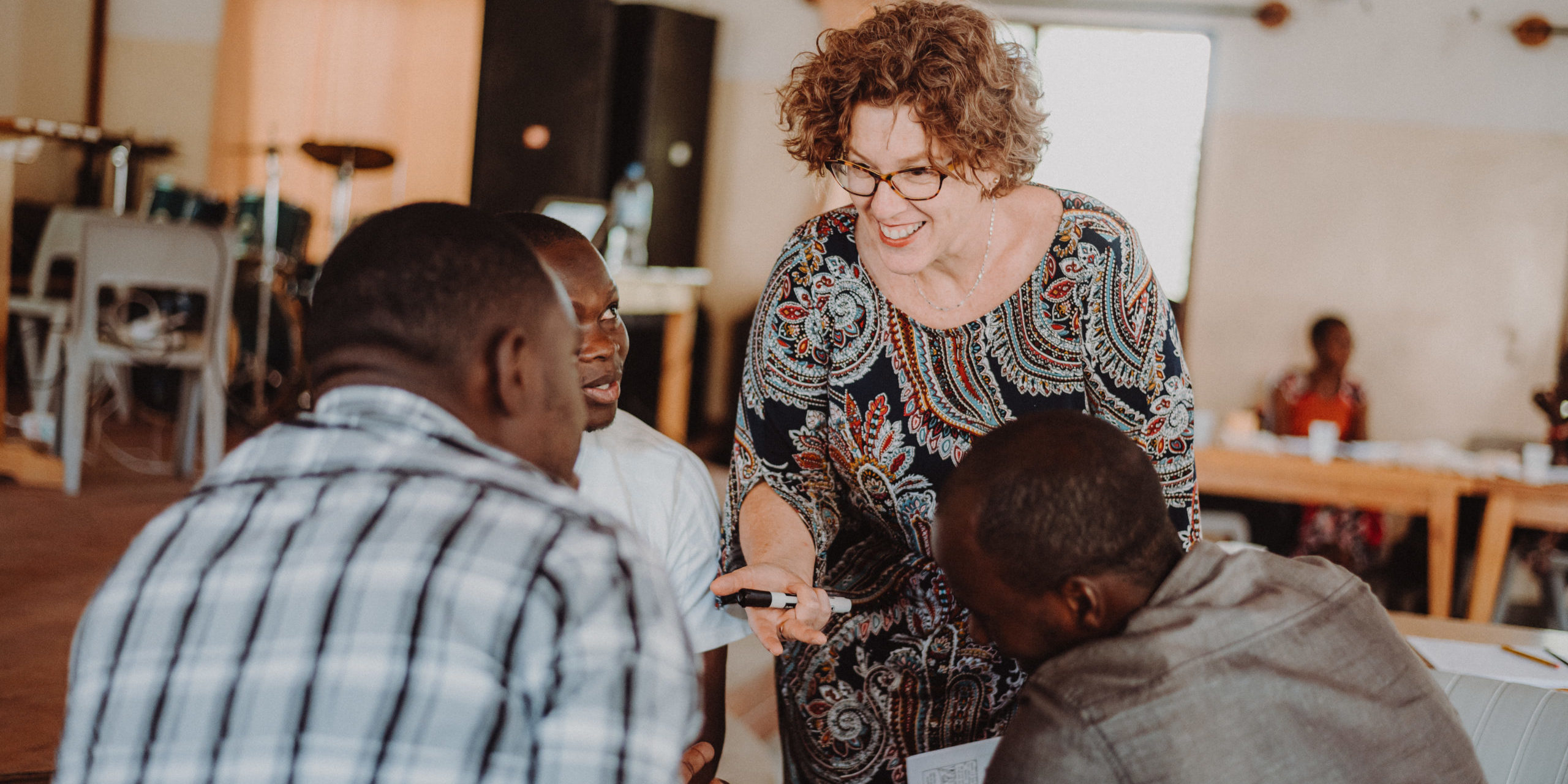In each community Loom engages, we discover extraordinary people. The struggle of their lives has created in them a rare power and hope. They are willing to face head on “how things have always been done” and to disrupt fatalistic value systems and thinking to make authentic impact. Yet the reality of their vision is often stunted, never reaching its full potential, because they simply lack the resources and training.
 Loom’s mission is to come alongside these powerful social innovators and accelerate them towards sustainable change. One of the ways we partner with these Local Experts is through one-on-one coaching. Three years ago we made the claim in this story that coaching was “one of the most effective tools” in accelerating local social innovators. Now we’re looking back on the last three years and asking: does this still hold true?
Loom’s mission is to come alongside these powerful social innovators and accelerate them towards sustainable change. One of the ways we partner with these Local Experts is through one-on-one coaching. Three years ago we made the claim in this story that coaching was “one of the most effective tools” in accelerating local social innovators. Now we’re looking back on the last three years and asking: does this still hold true?
Coaching is a unique tool, because it does not preclude detailed knowledge of the subject at hand. We don’t necessarily have the experience to tell social innovators what to do – in fact, we strongly believe that they know their culture, context, and resources better than any of us, and are best equipped to deal with problems that arise. However, coaching can draw out the strengths and resources leaders need to be successful. Questions like, “What have you already tried to solve this challenge? How did it work/not work? What are the obstacles you currently face?” are part of the process of discovery and greater knowledge.
Coaching follows the philosophy quoted by Benjamin Disraeli: “The greatest good you can do for another is not just share your riches, but to reveal to him his own.”
 “Often people know the answers but get stuck putting them into practice,” says Steve Kilpatrick, a previous Loom Staff and Board Member who has worked as a trained coach for the past three years. “Coaching can be one of the greatest tools in building the internal capacity of social innovators.”
“Often people know the answers but get stuck putting them into practice,” says Steve Kilpatrick, a previous Loom Staff and Board Member who has worked as a trained coach for the past three years. “Coaching can be one of the greatest tools in building the internal capacity of social innovators.”
In 2020, seven more Loom Staff received coaching training and began meeting with social innovators participating in the Vuka Small Business Start-up Cohort. We asked social innovators after six months to give us feedback on how helpful coaching was for them.
Francis responded, “I had had a very tough time during this season (my plate was full) [and my coach] was a really source of joy, comfort, love, care, concern etc. Every time we met, the meeting ended on a high note. I was energized and refreshed. I was really open and honest with my coach (she can tell) and this was really helpful for me. She is the right person I really needed in this season. HELPFUL INDEED!!!”
“I loved the idea of coaching, I felt cared for, loved and empowered…even when I shared with her about the failures, it helped me to be open to her and speak honestly without fear to be judged,” said Betty.

“[My coach] had open headed questions and it helped me even know and discover things that I didn’t see,” reflected Judy. “She was a great listener and was so honest she encouraged me a lot when I felt like things were not moving.I was very honest and open with her and she was of great help.”
All over the world, there are hundreds of leaders like Betty, Francis, and Judy – social innovators with enormous potential and big vision. Because of the overwhelming need that surrounds them, they often feel alone in their struggle to bring change. What we have learned is that a holistic approach is needed to see their visions become realty. Innovative business solutions, clean energy, accessible healthcare, family resources – all have a part to play to build sustainable, thriving communities. And yet, if leaders are still alone and unsupported, these solutions are not enough. Although coaching alone may not be the complete solution, it is indeed an effective model of interdependence and acceleration – the foundation of a better way to bring lasting change.








